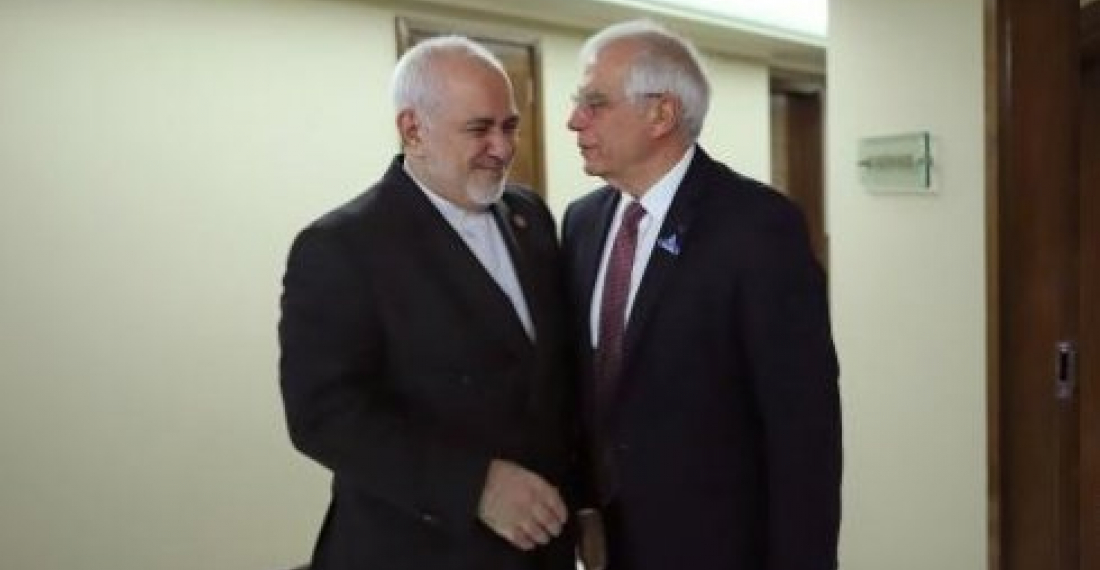The European Union's High Representative for Foreign and Security Policy, Josep Borrell, is expected to visit Tehran tomorrow, (Monday 3 February), according to information released by the spkesperson of the Iranian Foreign Ministry, Seyed Abbas Mousavi, cited by the Tasnim News Agency.
Following in the footsteps of his two predecessors, Catherine Ashton and Federica Morgherni, Borrell is engaging personally and fully with the "Iran nuclear file", and the visit is seen as an attempt by the EU to save the 2015 nuclear deal between Tehran and world powers.
U.S. President Donald Trump in May 2018 unilaterally withdrew from the deal and reimposed sanctions on Iran.
The five remaining parties to the accord -- Britain, France, and Germany, plus China and Russia -- have pledged to keep the accord alive, but Tehran has gradually scaled back its commitments under the agreement
Borrell told the Iranian Foreign Minister, Mohanmed Javad Zarif, at their first meeting in Delhi on 16 January, that the deal was "more important than ever," given rising tensions in the Middle East. The European Union has acted as a co-ordinator of the international community in their negotiations on the Iran nuclear deal, and Borrell's visit, early in his tenure as head of the EU diplomacy, is a sign that the EU wants to maintain a primary role in the negotiations, despite the fact that the agreement is in danger of collapsing.
source: commonspace.eu with agencies
photo: EU High Representative Borrell and Iranian Foreign Minister Zarif at their meeting in New Delhi on 16 January 2020 (archive picture)






